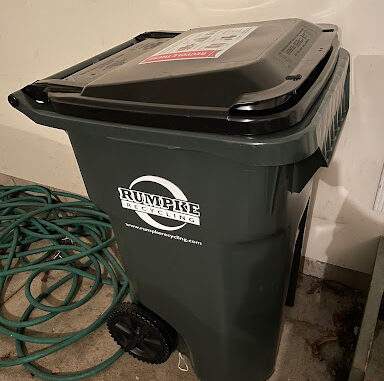
I believe that as humans, we need to stop allowing our oceans to be destroyed by plastic. Throughout history, ocean pollution has become more and more of an issue, threatening the vast ecosystems that make up our Earth’s blue heart. As our planet’s largest and most vital ecosystem, the oceans are home to incredible diversity of life. However, human activities have unleashed a wave of pollutants that jeopardize this delicate balance.
The primary causes behind ocean pollution are anthropogenic activities, ranging from industrial discharge to improper waste disposal. Agricultural runoff introduces harmful pesticides and fertilizers, which industrial processes release toxins directly into water bodies. “Plastic pollution, a pervasive and visible problem, results from the inadequate management of plastic waste,” says marine biologist Dr. Brown. Additionally, oil spills pose a severe threat, causing immediate harm to marine life and ecosystem.
According to marinelife.com, the repercussions of ocean pollution are far-reaching and multifaceted. Marine life, from microscopic plankton to majestic whales, faces the brunt of this environmental crisis. The ingestion of plastic by marine organisms disrupts their digestive systems and can lead to death. Pollutants such as heavy metals accumulate in the tissues of fish, entering the human food chain and posing health risks. “Coral reefs, essential for biodiversity and coastal protection, are vulnerable,” says scientist Brenna Mack.
Ocean pollution disrupts the intricate web of life within marine ecosystems, according to coralreefsave.com. Coral reefs, often referred to as the rainforests of the sea, suffer from coral bleaching caused by rising sea temperatures exacerbated by pollution. The loss of biodiversity within these ecosystems weakens their resilience and ability to adapt to environment changes. Disruption in the food chain further destabilizes marine habitats, affecting species dependent on one another.
Solving ocean pollution requires a collective effort on local, national, and global scales. Stringent regulations must be enforced to control industrial discharges and regular waste disposal practices. Public awareness campaigns can educate individuals about responsible plastic use and disposal. Innovative technologies, such as advanced water treatment systems and biodegradable alternatives to single-use plastics, offer promising avenues for reducing pollution


